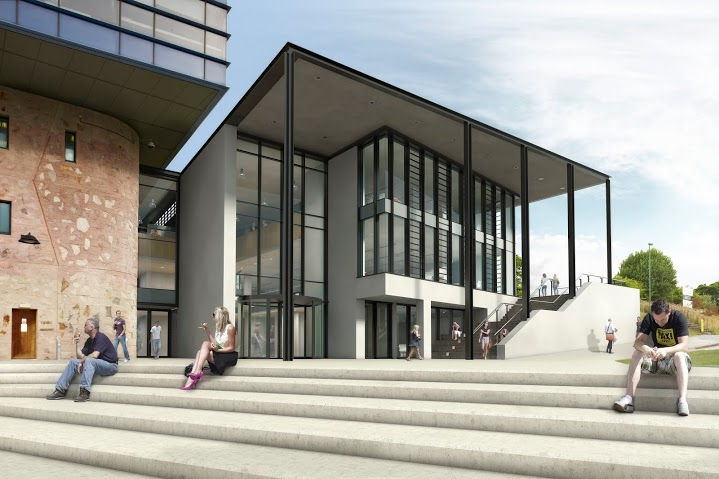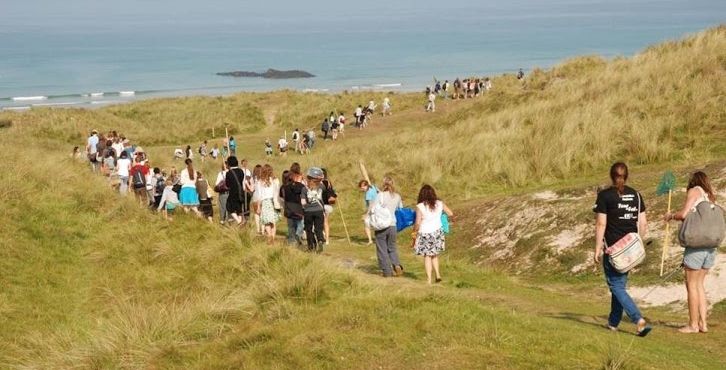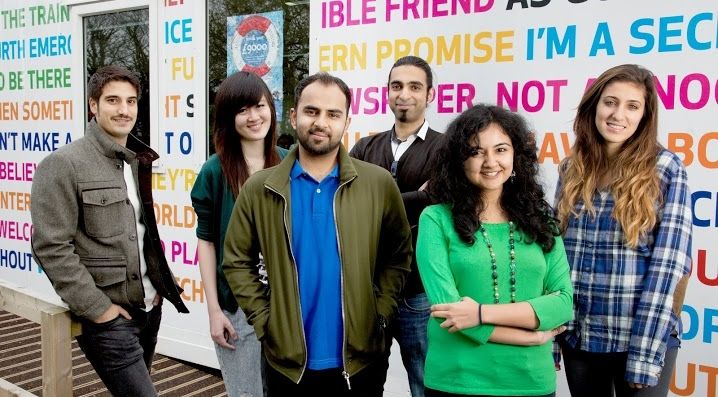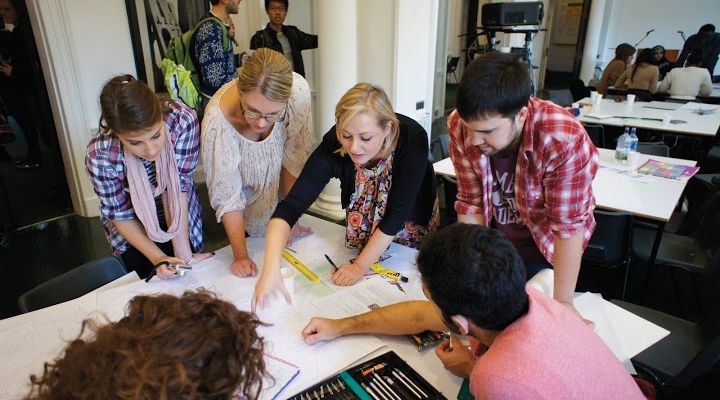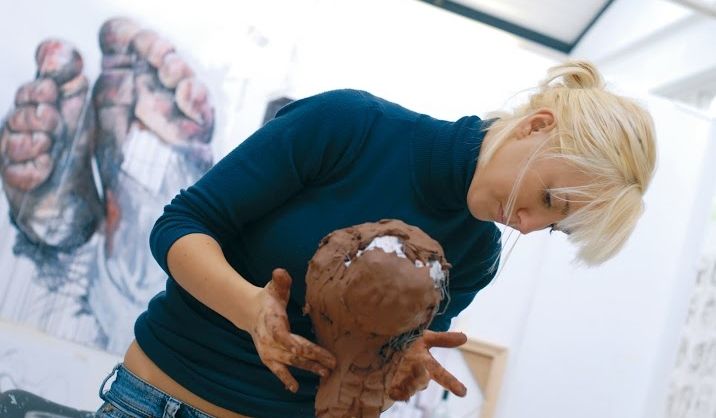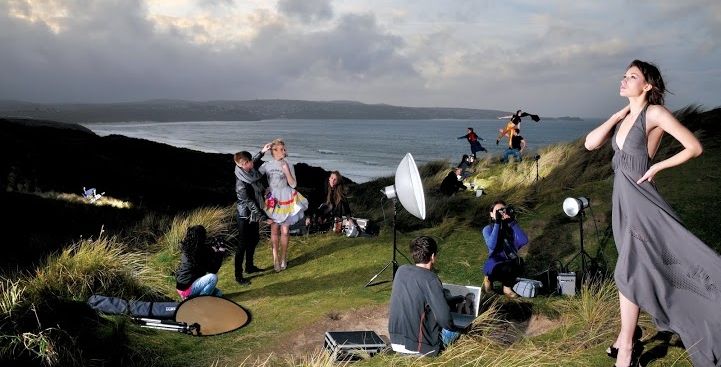Part 1 diagnostics and methodologies: This is attended by all Master's students and enables them to confidently develop research strategies, which they can then apply to choreography; this module is designed to underpin an approach to Master's level study, which works for a productive relationship between practice and theory; it enables students to identify learning needs; to plan and negotiate an appropriate and manageable proposal for dissertation and practice within an awareness of the range of methodological possibilities; questions of practice: this is delivered through a series of workshops led by the choreography team and workshops led by visiting artists; the workshops are complimented by opportunities for students to lead sessions; ongoing choreographic performance making is inherent to this module through tasks, practical exercises and assignments; critical theory: in this module students are presented with a series of theoretical and philosophical texts addressing broad cultural and cross-disciplinary issues; seminars relating to choreographic theories, histories and philosophies take place alongside critical discourses across the fields; the module poses questions about the relation of choreographic enquiry to contemporary meta-discourses; part 2: independent research and practical work leads towards a final public project and a dissertation (students choose the ratio between the 2); dissertation: drawing from part 1 and particularly from the students' own practice students engage in research methodologies and conceptual enquiries leading to a written dissertation; students are encouraged to explore outwards from their practice, taking choreographic ideas into a written pathway, making connections to their practice while undertaking investigations that move them into new arenas of thought; indicative written choreographic research draws on movement/dance and choreography in relation to: genealogies, histories, aesthetics, cultural politics, feminism, postmodernism, postructuralism, gender, performativity and queer theories, identity politics, architecture, visual arts, film and new media; practice gives students the opportunity to create a practice-based project for public showing; this can be presented within a variety of formats ranging from studio-based or site-based work to film and new media; students are encouraged to undertake in-depth movement research and choreographic practice within the framework of cross-disciplinary performance collaborations; questions of practice is studio-based and specific to choreography students.
| Форма обучен. |
Начало |
Продолж. |
| Дневное |
октябрь |
Кол-во лет: 1 |
The course is particularly suited to those students/practitioners who wish to investigate movement-based languages and compositional forms within a framework of cross-disciplinary performance making; existing conventions are challenged, boundaries are tested, new and different connections are encouraged between ideas, bodies, movement, technology and writing.
